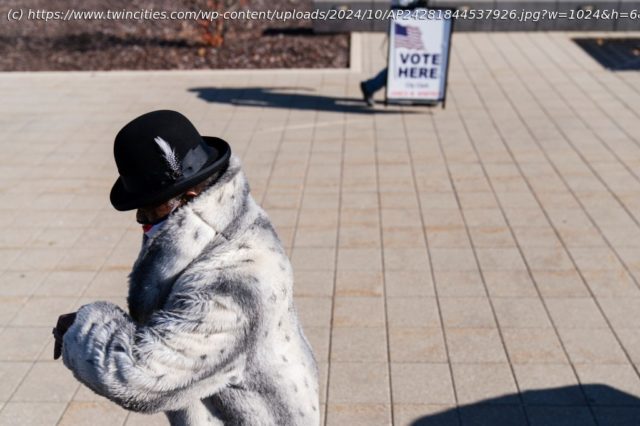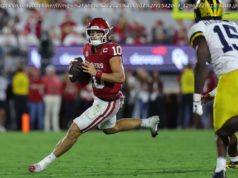Here’s a look at the bellwether counties in election swing states that might matter the most.
By MAYA SWEEDLER
WASHINGTON When you hear the term bellwether, you might think about states in the presidential election that always vote with the White House winner. The true meaning of a bellwether is an indicator of a trend. And for that, you need to be thinking about counties.
In a closely contested presidential election, as many expect 2024 to be, the results in a few bellwether counties in the key battleground states are likely to decide the outcome, just as they did in the past two general elections.
Here’s a look at those that might matter the most on Election Day.
Many of those states have large, Democratic-leaning cities. These cities and their inner suburbs are an important source of Democratic votes in statewide elections. These areas consistently vote for the Democratic candidates, which means turnout in these places can have an outsized effect on the final statewide margin.
This year, look at Michigan’s Wayne County (Detroit), North Carolina’s Mecklenburg County (Charlotte) and Georgia’s Fulton County (Atlanta).
Republican candidates have tended to do well in the more rural areas of these states, which means Democrat Kamala Harris will need to run up big margins in these places in order to offset Republican Donald Trump’s advantage elsewhere.
Detroit, Charlotte and Atlanta are particularly large, about twice as populous as the next biggest municipality in each state. In 2020, voters in those three counties cast more than two-thirds of their votes for Democrat Joe Biden.
In Wisconsin, the key counties that surround Milwaukee are Washington, Ozaukee and Waukesha — known colloquially as the “WOW” counties. These historically Republican-leaning communities have been slowly moving to the left: Republican presidential candidates have won them in recent elections, but by increasingly smaller margins.
This forces Republican candidates to seek to run up turnout in more rural areas of the state rather than relying on those counties to offset losses in the state’s urban counties of Milwaukee and Dane, home to Madison, the state capital and the University of Wisconsin’s main campus.






